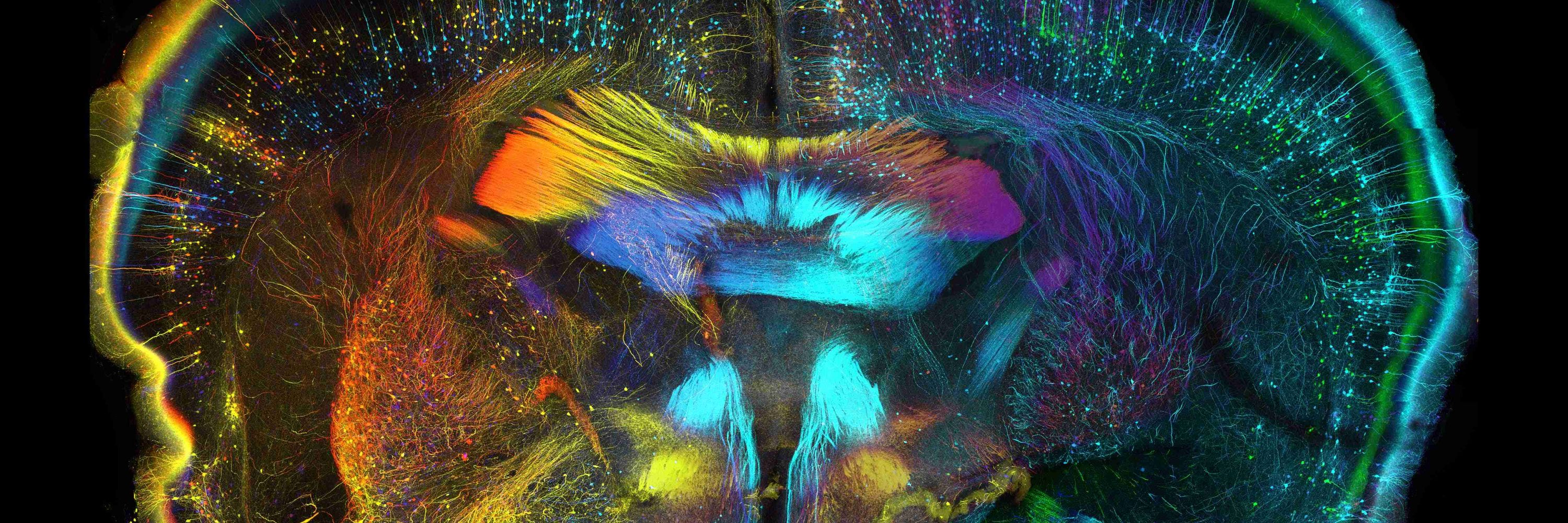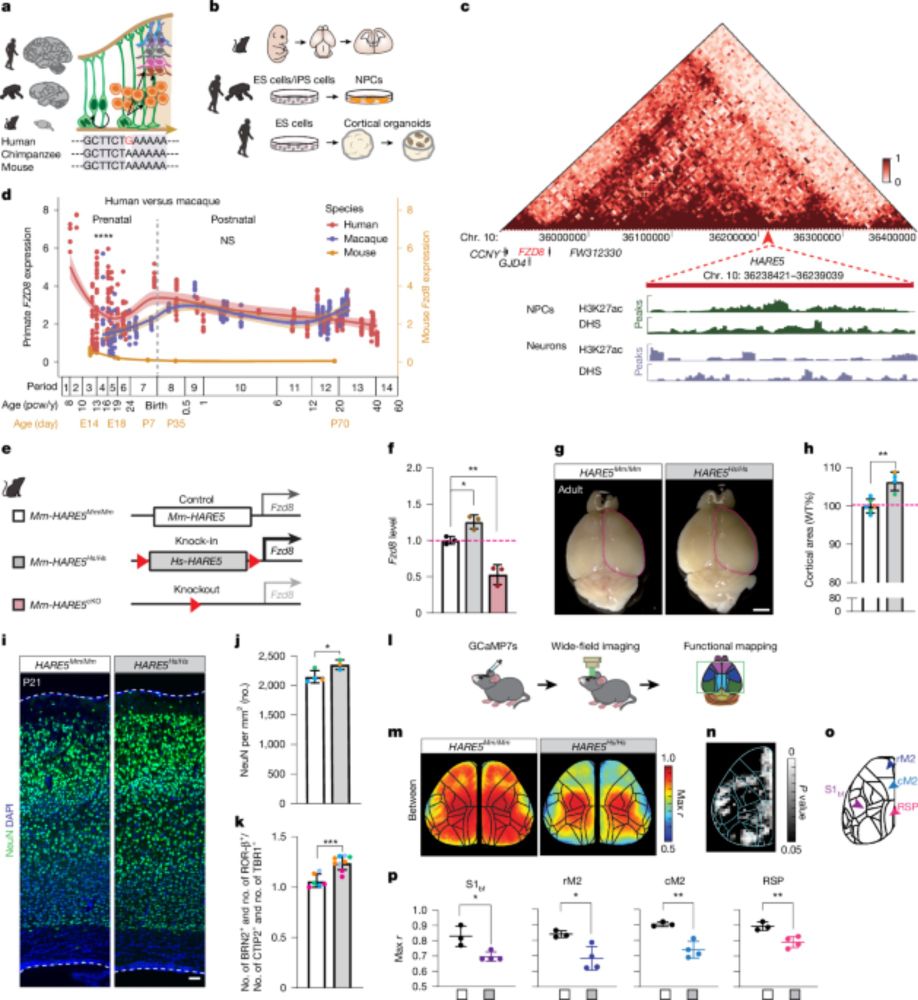A single cell multi-omic analysis identifies molecular and gene-regulatory mechanisms dysregulated in the developing Down syndrome neocortex
Down syndrome is the most common genetic cause of intellectual disability, presenting with cognitive, learning, memory, and language deficits. The cellular and molecular mechanisms driving this disorder remain unclear, limited by a lack of systematic studies in the developing human brain. Here, we leveraged single-nucleus multi-omics to profile the mid-gestation neocortex in a cohort of 26 donors. We observed a reduction in neural progenitors and corticothalamic neurons and concomitant increase of intratelencephalic neurons, accompanied by accelerated time to neuronal specification. We uncovered widespread changes in gene expression, chromatin accessibility and cell interaction networks impacting neurogenesis, specification and maturation and gene-regulatory networks directing these processes, including those downstream of transcription factors encoded in chromosome 21. Finally, we identified cell-specific molecular pathways shared with other neurodevelopmental disorders as well as heritability enrichment of GWAS signals in altered chromatin. Together, our data revealed a cascade of molecular dysregulation outlining the earliest steps in Down syndrome, providing a foundation for future therapeutic targets. ### Competing Interest Statement The authors have declared no competing interest. National Institutes of Health, R21HD108606, R01MH124018, T32LM012424 Eli and Edythe Broad Center of Regenerative Medicine and Stem Cell Research, Rose Hills Foundation Innovator Grant, Postdoctoral Training Program, Ablon Scholars Program



